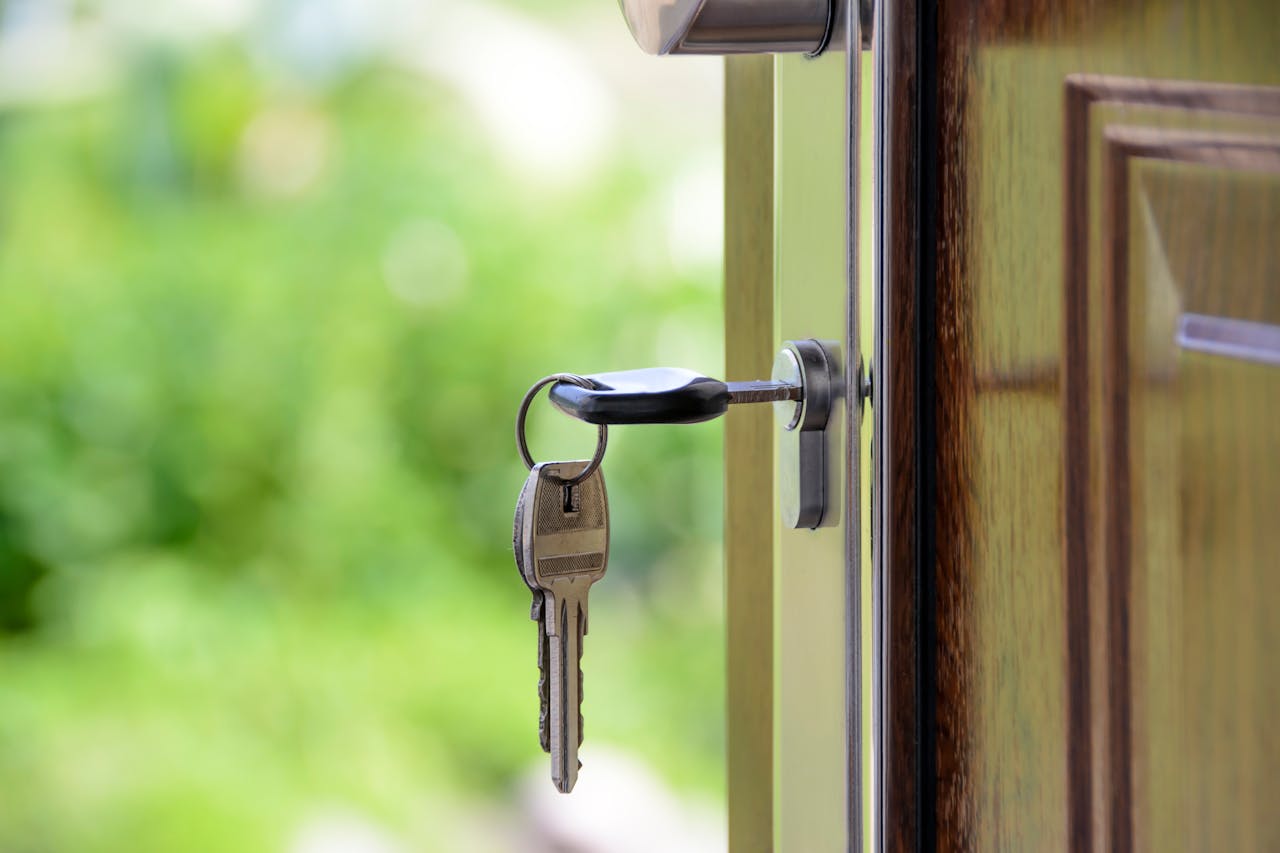First-time homebuyer mistakes in 2025 can cost you more than just money.
Buying a home isn’t just about having a roof over your head—it’s about navigating interest rate fluctuations, strict lending standards, local policies, and unpredictable prices. One wrong move could set you back tens of thousands of dollars.
Here are 8 common traps first-time buyers fall into. Let’s break them down one by one.
1. Focusing only on monthly payments while ignoring total loan costs
Many buyers think: “As long as I can afford the monthly payment, I’m good.”
But here’s the deal—a 0.5% difference in mortgage rates over 30 years can cost you tens of thousands in interest.
Especially in 2025, with rising interest rate volatility and the return of adjustable-rate mortgages (ARMs), choosing a “lower rate now” without considering future hikes could be a major misstep.
✅ Pro Tip: Understand fixed vs. adjustable rates. Know how points work. Don’t just take your loan officer’s word for it.
2. Using all your savings for the down payment
It’s tempting to dump all your savings into a 20% down payment to lower your interest rate.
But then what? You move in and have no cash left for a couch, plumbing emergency, or even groceries.
In 2025’s unpredictable economy, an emergency fund is more important than ever.
✅ Pro Tip: Always keep 3–6 months of living expenses in reserve after paying your down payment.
3. Underestimating the true cost of homeownership
Your mortgage isn’t the only bill you’ll pay.
Think:
- Property taxes
- Homeowners insurance
- HOA or maintenance fees
- Annual upkeep (roof, wiring, plumbing…)
In cities like San Francisco or Boston, these hidden costs can eat up 10–15% of your annual income.
✅ Pro Tip: Always calculate total ownership cost, not just the home price.
4. House hunting without a mortgage pre-approval
In competitive markets, no pre-approval = no offer consideration.
And in 2025, pre-approvals often expire in 30–60 days. Miss that window and you’ll start from scratch.
✅ Pro Tip: Get pre-approved early and prepare proof of funds. It makes your offer more credible.
5. Overestimating the value of “hot neighborhoods” and school zones
Everyone wants to buy in a top school district or trending area, hoping it’ll appreciate.
But in 2025, school boundaries are shifting and prices in trendy areas like Austin are cooling.
✅ Pro Tip: Don’t chase the hype. Look at long-term factors like population growth, infrastructure, and zoning plans.
6. Skipping home inspections or ignoring red flags
Some buyers rush to close and waive inspection contingencies to get ahead.
Big mistake. Structural cracks, water damage, old wiring—these problems will haunt you later.
✅ Pro Tip: Hire a certified home inspector. If something feels off, walk away.
7. Neglecting your credit score and financial setup
A lot of buyers only check their credit when applying. Worse—some rack up debt or open new credit cards during the process.
✅ Pro Tip: Start preparing at least 6 months early. Maintain a steady credit score, reasonable debt ratio, and documentable income.
8. Assuming home prices always go up
The last decade saw soaring home prices, but that’s not guaranteed.
In 2025, markets like Seattle and Austin are already correcting. Buying at peak can leave you underwater.
Pro Tip: Don’t fall for FOMO. Watch metrics like price-to-income and rent-to-price ratios.
One Last Thought:
Buying your first home is a financial strategy, not just a dream.
You’re not just buying a lifestyle—you’re signing up for a 30-year liability. Make sure you understand your budget, the market, and your loan terms before jumping in.
FAQ: First-Time Homebuyers in 2025
1. What is the biggest mistake first-time homebuyers make?
Focusing only on monthly payments without considering total loan cost or future rate changes is one of the most costly mistakes.
2. How much should I save before buying my first home in 2025?
Ideally, have enough for a down payment plus 3–6 months of living expenses as an emergency fund. Avoid using all your savings.
3. Is it okay to skip the home inspection to win a bidding war?
Not recommended. Skipping inspections can expose you to major hidden issues like structural damage or faulty wiring.
4. Does credit score still matter in 2025?
Absolutely. Your credit score directly affects your mortgage rate. Aim for 700+ for better rates and approval terms.
5. Should I buy in a trendy neighborhood?
Not always. Trendy areas may be overvalued. Instead, focus on long-term fundamentals like job growth, infrastructure, and affordability.
6. How do I know if I can afford a home?
Use the 28/36 rule: housing expenses should be no more than 28% of your gross income, and total debts should stay under 36%.
7. Are mortgage rates still changing in 2025?
Yes. Rates are volatile due to global inflation and Fed policy shifts. Consider rate locks or talk to multiple lenders to compare options.
8. Do I really need a mortgage pre-approval?
Yes. Especially in competitive markets, sellers may not even consider your offer without a pre-approval letter.



